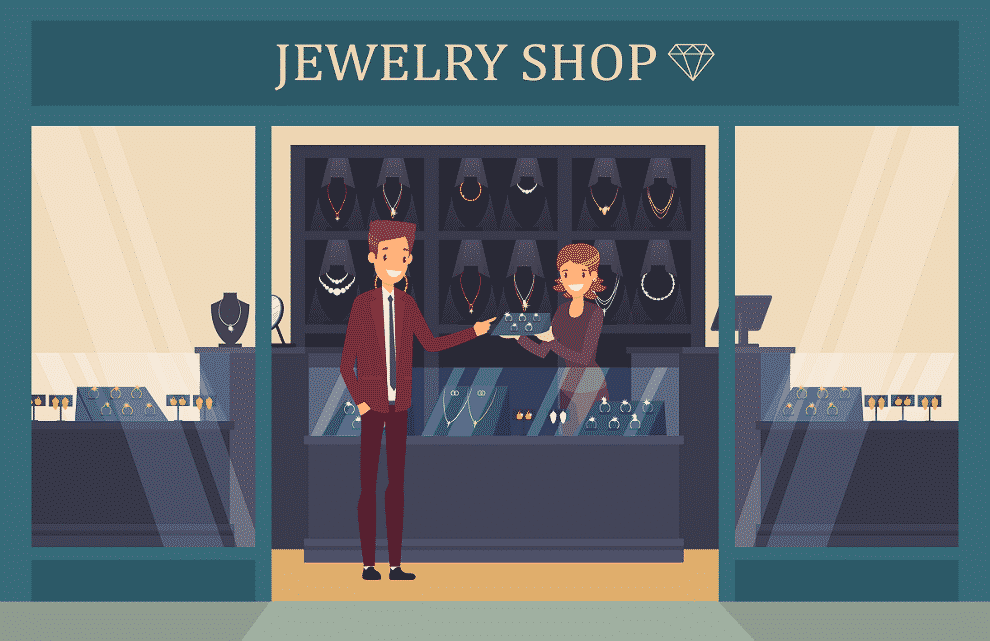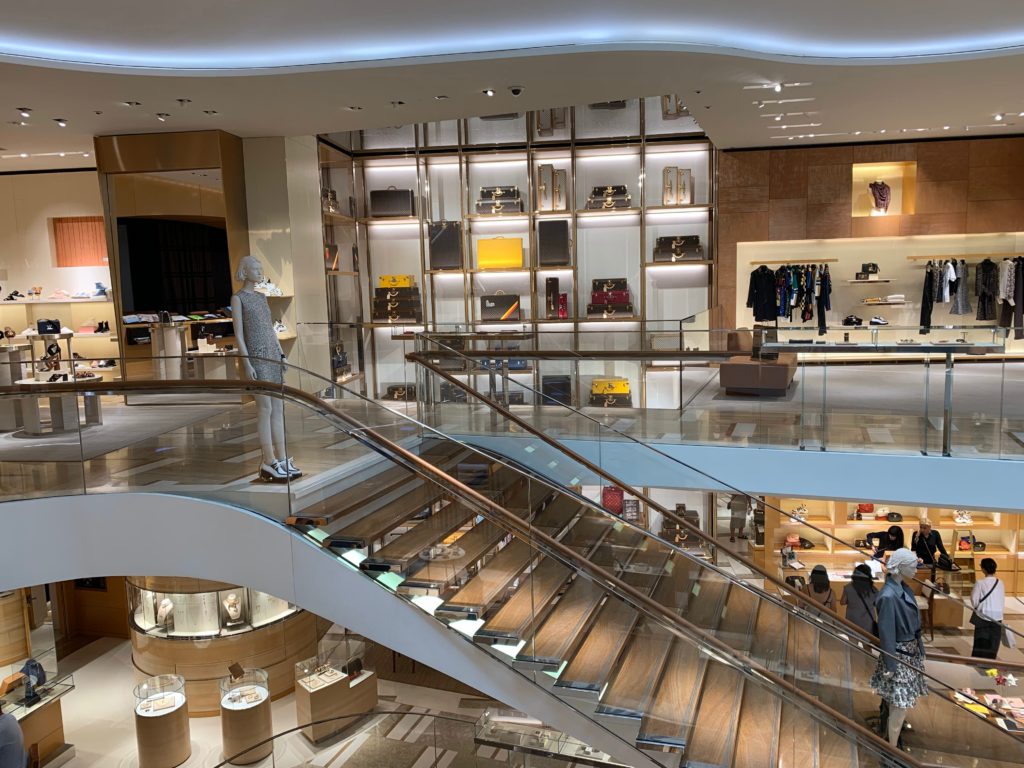Why commission-based compensation is wrong in luxury retail

Why commission-based compensation is wrong in luxury retail.
Jean-Noel Kapferer stated in his well-known book, The Luxury Strategy, that sales personnel in a luxury store “should never earn direct sales commission.” He believed this was only logical as their role was not to actually sell the product.
Yet, for decades, luxury companies have paid their sales people on a sales percentage basis. Indeed, extensive research can be found on the impact that commissions have on sales people’s behavior. Arguments supporting this practice are numerous: paying a percentage of output motivates employees to always try and do better, it triggers healthy competition between them, and it ensures that rewards are based on performance.
However, most of that research is based on data collected in business-to-business environments and doesn’t consider a luxury retail setting where employees work together, often sharing the same clients and concluding sales that they don’t always personally initiate.
While the practice might work in a business-to-business setting, it is not an effective method of remuneration in a luxury retail environment where customer experience takes precedence over sales.
Commissions might motivate sales people, but they are not appropriate in a luxury environment.
Commissions have always been used to motivate sales teams. Research shows that a well-designed compensation strategy with incentives and rewards keeps hungry sales people focused on the prize at hand. However, this is an output-based goal benefiting the company but giving little consideration to the customer. It is incompatible with the values of luxury retail. Companies who compensate in such a way forget that the sales advisor’s role in the luxury world is not to actually sell a product. Quite the
contrary.
Entering a luxury boutique is like stepping into the lobby of a plush and intimate hotel. The surroundings evoke beauty, calm and refinement, and are created to transport the visitor into a dream world where all senses are awakened. Price tags and cash registers are invisible to the naked eye.
Hence, the role of the advisor is to deliver an exceptional experience and develop a personal connection with the client “because emotion, not reason drives people to buy a luxury item”. It must remain untinged by real-life concerns such as earning commissions. If advisors have these in mind rather than the client’s well-being, the efforts to deliver a memorable moment will inevitably be tarnished with self-interest.
In a luxury store, clients expect exceptional service, not competition between store advisors.
Commissions trigger healthy competition between sales staff. The theory is that great sales persons typically thrive on competition and that organizations who want to optimize their performance should pit
sales reps against one another. But studies shows that even sales teams in business-to-business environment do better when members collaborate.
In luxury retail, collaboration is the foundation of a well-operated store. Teams work in close contact, often sharing identical sets of clients and because the purchase decision isn’t always immediate, they have to cooperate. No matter who looks after them, the clients must feel that the advisor has their bestinterests at heart.
When individual commissions are paid, there is the risk of a damaged customer experience. The focus is not on the client’s desires but rather on the advisor’s personal needs. This in turn fosters unhealthy competition that leads to dissent between associates. Such a contentious team dynamic can result in a very unpleasant customer experience indeed.
The digitization of retail is changing the way performance is measured and rewarded.
Commissions reward short term output. An extensive study in B2B organizations demonstrates the impact of incentives on performance. While this might yield desired results in those organizations, it is more difficult to achieve in the current luxury space.
The rise of online shopping has also boosted the growth in digital advertising. But in an extremely congested space, brands are finding it harder to reach their clients. This is where the physical store prevails. Regardless, clients will keep visiting physical locations as a destination for advice, socializing, and experiencing products. Doug Stephens predicts that the store is now the media, a space where brands can connect directly with their clients in meaningful ways.
As a consequence, previously sales-focused teams will need instead to prioritize informing, demonstrating, and above all, inspiring the clientele. In such a context, evaluating productivity through “sales per employee” and rewarding individual performance becomes obsolete.
A better measurement tool is the net promoter score (NPS). When positive, it denotes the clients’ likelihood to recommend the brand to their social circle. Rewarding the advisors then becomes a team effort based on overall company contribution.
Better Hiring and Training Practices Will Signal the End of Commissions
While luxury retailers won’t eliminate commissions instantly, the current challenges are bound to trigger a shift in the way luxury teams are compensated. Some experts predict that, in the future, the stores will become more of a complementary experience to e-commerce and not the other way around. Yet, this doesn’t signal the end of luxury retail.
On the contrary, the store remains a critical element for discovery and experience, both of which are the essence of luxury shopping. The multisensory moment the physical setting offers cannot be replicated online. But with less foot traffic, the onus is on the human capital to make each visit purposeful and meaningful. Therefore, the role of the store personnel must shift from a straight sales role to that of an expert brand ambassador, their status elevated through training and expanded job responsibilities.
Motivating these new teams won’t be as simple as a carrot-and-stick formula. Forward-thinking retailers have long recognized the power of well-trained experts who deliver on exceptional experiences instead of quick sales. Apple, often considered a provider of luxury-level technology and the world’s most valuable retail company, has never paid commissions to its front store staff. Steve Jobs believed doing so would work against the company’s primary goals: finding the right products for customers, rather than the most expensive ones, and establishing long-term rapport with the brand.
If Apple is able to generate revenue that exceeds the GDP of a small country through training and leadership, luxury retailers can certainly learn from this and achieve excellent results.
Credit for Article to Solange Strom is visionary CEO and entrepreneur in retail with a track-record of driving growth through employee-centric strategies.



Responses